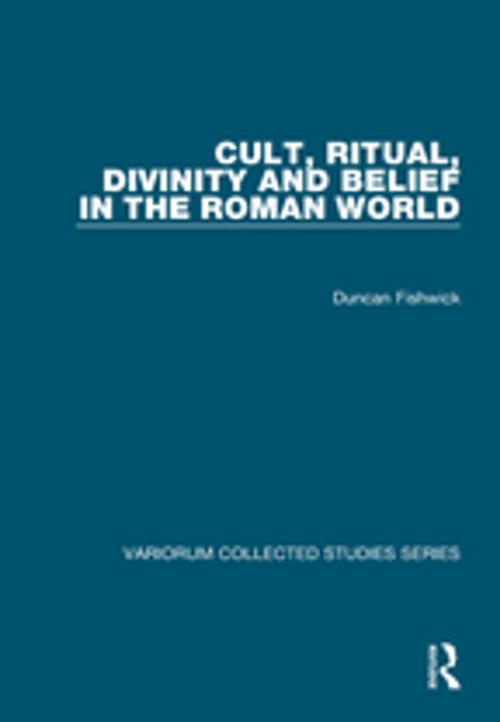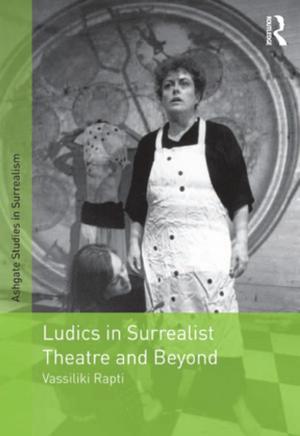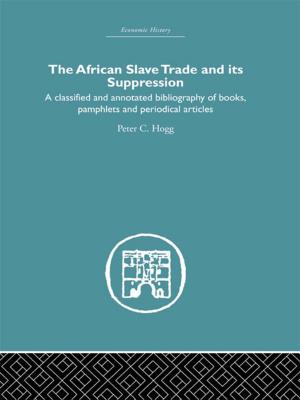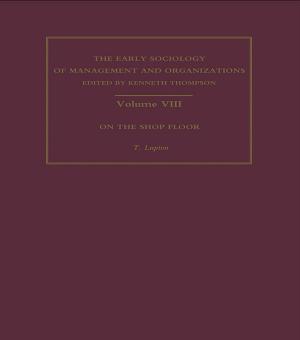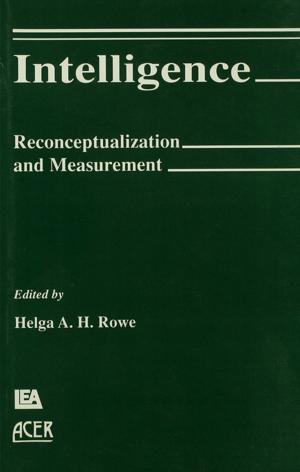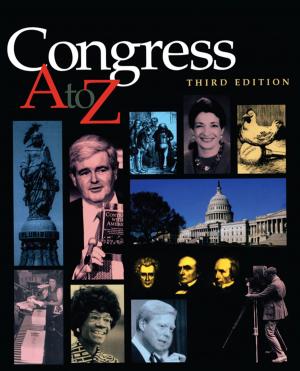Cult, Ritual, Divinity and Belief in the Roman World
Nonfiction, Religion & Spirituality, Reference, History| Author: | Duncan Fishwick | ISBN: | 9781351219648 |
| Publisher: | Taylor and Francis | Publication: | February 6, 2018 |
| Imprint: | Routledge | Language: | English |
| Author: | Duncan Fishwick |
| ISBN: | 9781351219648 |
| Publisher: | Taylor and Francis |
| Publication: | February 6, 2018 |
| Imprint: | Routledge |
| Language: | English |
The papers assembled in this selection of studies range in subject matter from early Judaic magic to an inscribed monument of the Neo-Classical period. The principal emphasis of the collection is nevertheless on religious developments under the High Roman Empire: problems arising from the interpretation of oriental cults imported from the Hellenistic East but primarily the development of imperial cult, the one universal religion of the empire before the coming of Christianity. The essays divide into five categories: Divinity and Power; The Imperial Numen; The Imperial Cult: Review and Discussion; Rituals and Ceremonies; Ainigmata. The titles of the individual articles speak for themselves but readers may also find the preface of interest in so far as it sets out the author's ideas on the controversial nature of the emperor's divinity. While this is a topic deserving of a book in its own right, the preface together with the points raised by individual studies within the overall framework may go some way to repairing this defficiency.
The papers assembled in this selection of studies range in subject matter from early Judaic magic to an inscribed monument of the Neo-Classical period. The principal emphasis of the collection is nevertheless on religious developments under the High Roman Empire: problems arising from the interpretation of oriental cults imported from the Hellenistic East but primarily the development of imperial cult, the one universal religion of the empire before the coming of Christianity. The essays divide into five categories: Divinity and Power; The Imperial Numen; The Imperial Cult: Review and Discussion; Rituals and Ceremonies; Ainigmata. The titles of the individual articles speak for themselves but readers may also find the preface of interest in so far as it sets out the author's ideas on the controversial nature of the emperor's divinity. While this is a topic deserving of a book in its own right, the preface together with the points raised by individual studies within the overall framework may go some way to repairing this defficiency.
